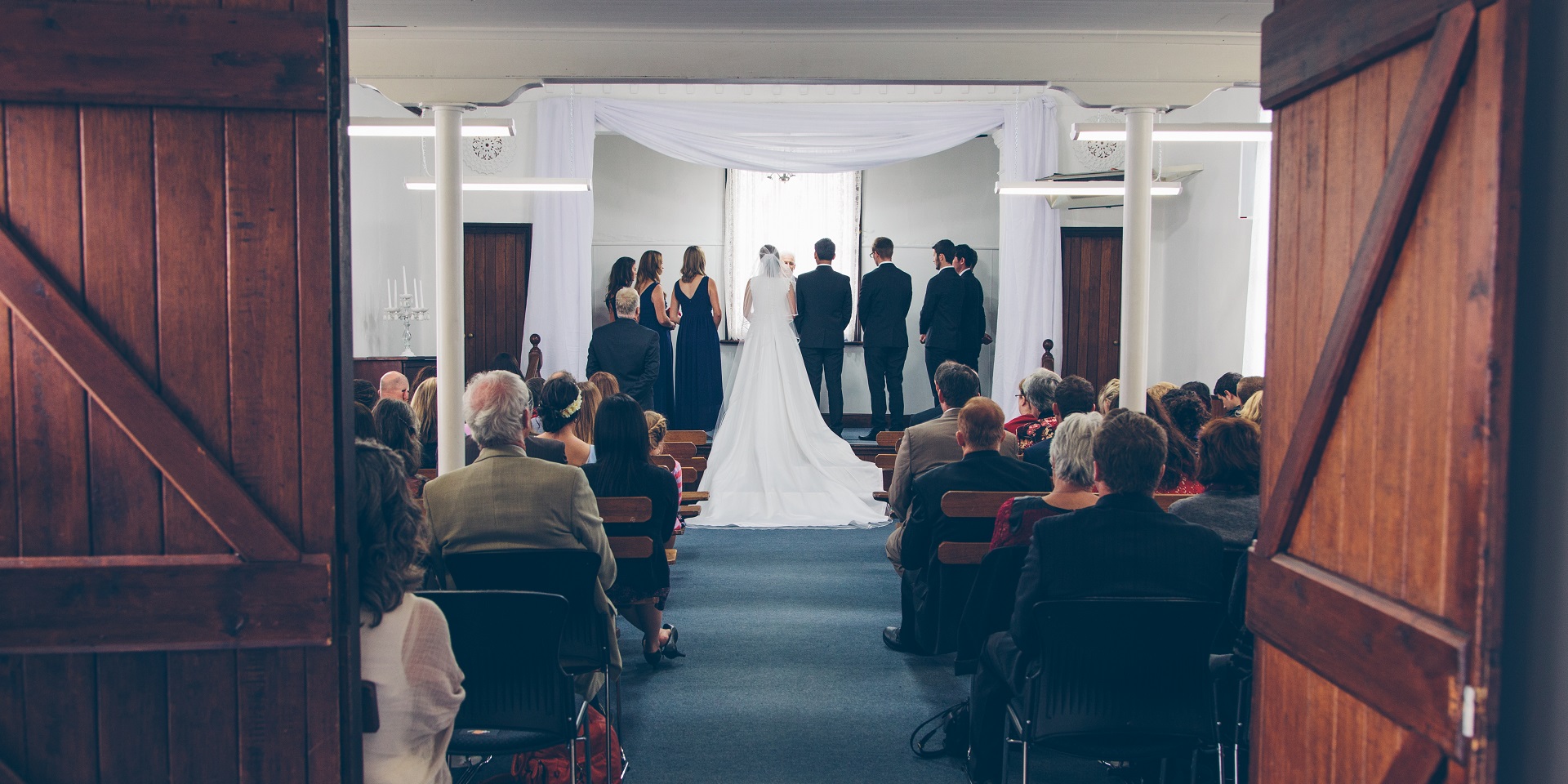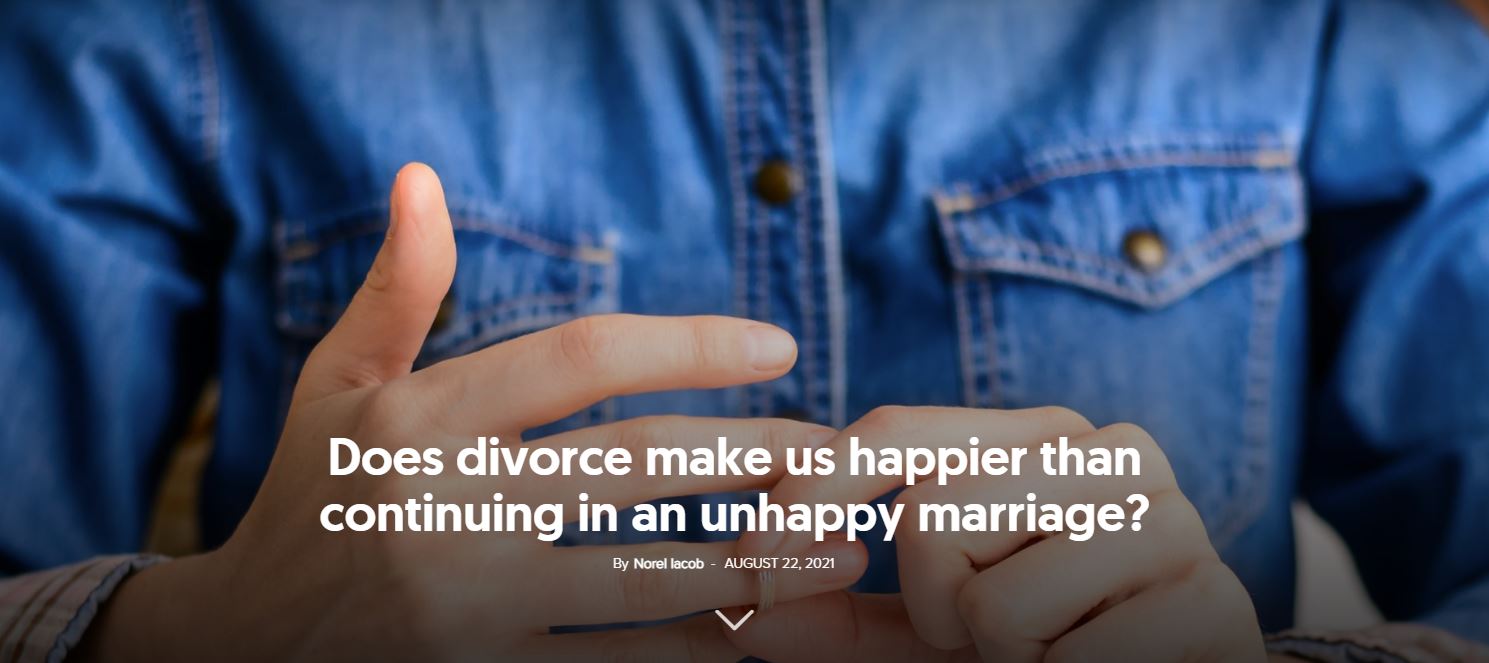Can you be happily married to anyone? The idea of happiness as a thing of one’s own creation persists in our times, although its cultural sedimentation belongs to the modern age.
If some ideas are imposed on us by the authority of social research, or by the psychological pressure of groups or communities, the altruistic belief in a state of happiness that you can build on your own is dependent on another factor—the idea that human nature is perfectible; therefore, we have the ability to improve ourselves as human beings, to attain self-realisation and social definition through the most lucid choices, or to find our emotional balance through reasonable behaviour.
The prospect of happiness: determined by altruism?
An important change in the understanding of the human condition took place during the confrontation of the fixism of the medieval vision—against the background of the great geographical discoveries of the fifteenth and sixteenth centuries—with the unsuspected diversity of the planet in its social organisation and interpersonal relationships.
Thus, the European vision of marriages based on financial interests, power and influence, which ignored the ideal of self-realisation of the individual, revealed its social “myopia.” In the new society, the individual was to measure their endowments by fully capitalising on their nature as a rational being.
As a continuation of this generous vision of the Enlightenment, the ideal of “enlightened” happiness was born. To this day, some people believe that the success of marriage lies only in the collaboration of will, qualities, good intentions and altruism in resolving relationship dysfunctions, while failure comes from selfishness: each partner expects only the other to change.
Consequently, the ideal of unconditional love has emerged, to offer everything with kindness, without asking for anything in return, surrounding the beloved one in a self-sufficient aura, meant to enlighten the one who offers the love.
The more lucidity, the more drama
If the original portrait of the modern individual was also shrouded in the aura of rationality, signalling bright horizons of human transformation, gradually—by virtue of new theoretical perspectives on the individual and their endowments—mankind suffered a “narcissistic mortification” (Freud, Lacan) of self-image.[1] The clinically-based theory that the human psyche is not 100% consciousness, but always contains an area of the unconscious, therefore of the non-rational, has taken human nature down from the pedestal of omnipotence through the rule of reason.
The testimonies from the “psy” area—psychology, psychiatry, psychoanalysis, psychosociology—have multiplied. Thus, the unknown emotions, the irrepressible impulses, the feelings that have “reasons, which reason does not know,” as Blaise Pascal stated, generated unique cultural productions (see the Romanticism movement), but also a new mentality regarding interpersonal relationships.
In this period, the couple’s relationship, often dissociated from marriage, began to be seen as a result of the actions of partially uncontrollable factors, rebellious in relation to reason and will (“Love wins,” “The heart wants what it wants,” “Love doesn’t need words,” and so on).[2]
The road to hell is paved with good intentions
It has gradually become clear that reasonableness is insufficient not only for solving problems between partners but also for self-knowledge. The whims of one’s own affectivity or the behaviour of the other, and irreconcilable differences in temperament, end up weakening the vitality of the beginnings.
Lucidity, far from predicting these situations, is limited to noticing disaster, unhappiness, and drama.
The famous “relationship erosion,” invoked in couples’ therapies or divorces, is often the consequence of ignoring potential destructive mismatches from the very beginning. This happens precisely by virtue of the unjustified belief in the strength of one’s own will, thought, feeling, and personality.
It is an idealisation specific to youth, who see everything in a pure light and who calls that emotional overflow from within “unconditional love”, often projected onto the soul of an unsuitable partner.
The prospect of happiness: indeterminate
The fact that a clash of personality is not considered a well-founded reason for divorce has a moral significance—psychology shows that human temperament is an innate fact, while personality is formed through education, can change over time, and it is up to each individual to improve or distort it throughout life.
So, if we reveal a pleasant personality through our behaviour towards our partner, but we are not treated in the same way, things can still go well through the heroic acceptance of asymmetry, but the prospect of happiness seems uncertain.
If both partners behave well and have pleasant personalities, the chances increase considerably, but happiness is still not guaranteed. This case represents the maximum point of “control”: our possibility of influencing our chances of happiness.
Beyond that, it is more reasonable to recognise that situations that can bring us happiness are not entirely predictable, manageable, transformable by our will, and that happiness is not a creation of our own, but a relational state of mind plus something mysterious. This is a pessimistic conclusion only for the proud.
For those who trust in divine blessing, it is a salvation to know that the prospect of happiness does not lie in their uncertain hands, but in the Hands full of undeserved gifts and grace.
Corina Matei is a PhD lecturer at the Faculty of Communication Sciences and International Relations, “Titu Maiorescu” University, Bucharest.




















